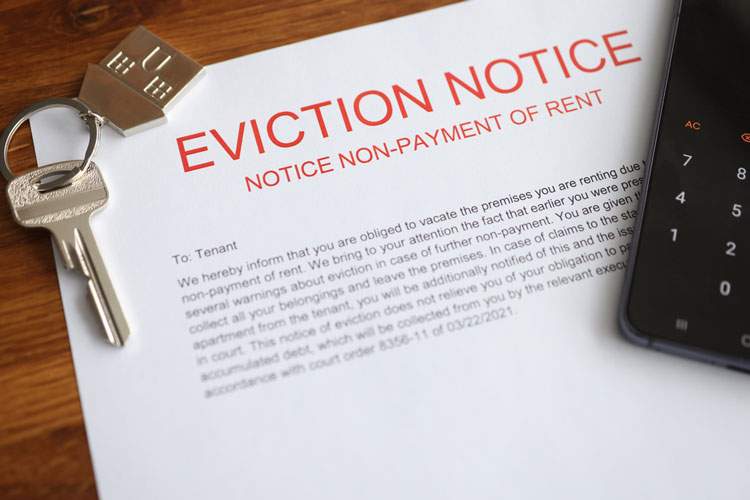A Comprehensive Guide for Landlords and Tenants in Florida
Navigating eviction laws can be a challenging process for both landlords and tenants. Understanding the legal framework is crucial to ensure a fair and lawful resolution to disputes. In Florida, specific regulations govern the eviction process, balancing the rights and responsibilities of both parties. In this comprehensive guide, we’ll explore the key aspects of eviction laws in Florida, shedding light on the steps involved, the rights of landlords and tenants, and the importance of proper communication.
Understanding the Eviction Process in Florida
Notice Requirements: Before initiating an eviction, landlords in Florida must provide tenants with written notice. The type of notice depends on the reason for eviction. For non-payment of rent, landlords typically issue a 3-Day Notice to Pay Rent or Vacate. For lease violations, a 7-Day Notice to Cure the violation is usually given.
Filing an Eviction Lawsuit: If the tenant fails to comply with the notice, the landlord can file an eviction lawsuit, also known as an unlawful detainer lawsuit, in the county where the property is located.
Court Hearing: Both parties will have the opportunity to present their case at a court hearing. It’s crucial for both landlords and tenants to gather relevant documentation and evidence to support their claims.
Writ of Possession: If the court rules in favor of the landlord, a Writ of Possession may be issued, allowing the sheriff to remove the tenant from the property if they fail to vacate voluntarily.
Rights and Responsibilities of Landlords
Maintaining the Property: Landlords in Florida are required to maintain the premises in habitable condition, ensuring that the property complies with health and safety codes.
Timely Repairs: Landlords must address repair requests promptly. Failure to do so may give tenants the right to withhold rent or terminate the lease.
Proper Notice: Landlords must provide proper notice before entering the rental unit for non-emergency reasons, respecting the tenant’s right to privacy.
Rights and Responsibilities of Tenants
Timely Rent Payments: Tenants are obligated to pay rent on time. Failure to do so can lead to eviction proceedings.
Compliance with Lease Terms: Tenants must adhere to the terms of the lease agreement, including maintaining the property and avoiding activities that violate the agreement.
Reporting Repairs: Tenants should promptly report any needed repairs to the landlord. Failure to report issues may impact their legal standing in certain situations.
Communication is Key
Open communication between landlords and tenants is vital to preventing misunderstandings and resolving issues amicably. Both parties should be aware of their rights and responsibilities, and a proactive approach to addressing concerns can often prevent the need for legal action.
Eviction Law Firm
Navigating eviction laws in Florida requires a comprehensive understanding of the legal framework. Landlords and tenants alike should familiarize themselves with the specific regulations governing their relationship to ensure a fair and lawful resolution to any disputes that may arise. Clear communication and adherence to the established procedures can contribute to a smoother process for all parties involved. Call the Eviction Law Firm at 877-573-8428



